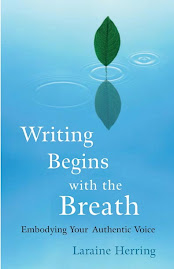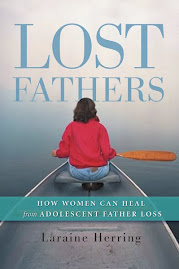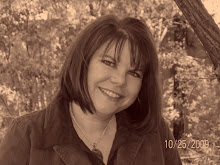Sigh.
At 18, this is what was supposed to happen in my life:
I was going to go to the University of North Carolina at Chapel Hill. I was going to go straight through to grad school, becoming the writing phenom of the South by age 25. I was going to live in a blue bungalow house with a wrap around porch and many cats. I was going to teach creative writing at UNC (of course, since I would have won the Pulitzer by age 30, how could they say no?) and I was going to stuff my blue bungalow with books and books and books and the occasional climbing plant-that-can't-be-killed. I would have friends with cool green eyeglasses over and we would drink Malbac and eat cute finger foods and talk about Lit' Tra 'Ture. I would have a gardener (darling, have you seen the way the yards grow in the South?) and a housekeeper and a slew of graduate assistants who would read the students' papers for me. I would weekend in the Outer Banks and drink mint tea as the surf rolled in. I would be thin (nay, dare I say, lanky?) and I would be able to walk all day in pointy shoes and my hair would always bounce and be fluffy, no matter how humid the day.
Sigh.
At 41, this is the version that has happened:
My dad died, so I went to Phoenix College and then the University of Arizona in Tucson after high school. I took ten years off to work a cubicle job and then returned for an MFA at Antioch University, Los Angeles in 1998 when I was 30. I followed that with an MA in Counseling Psychology. I started teaching creative writing as an adjunct and began to study yoga. I got my agent in 2000 and we have gone on to sell a book about every two years, give or take. I have not yet won the Pulitzer, but I do have two books coming out this summer. I have a brown townhome with a deck that looks out at a mountain (or today, a snowstorm). I don't have a gardener, but the townhouse HOA takes care of the yards. I do have books and books and books, and the plant-that-can't-be-killed. I have many cats, and I am proudly unafraid to be the crazy cat lady. I have friends with cool eyeglasses to talk about Lit Tra Ture with, and I get to travel around the country teaching writing and yoga. I weekend in Flagstaff or Jerome and drink chai tea at Macy's Coffee Shop and watch the college kids doing laundry across the street. I am not remotely lanky (though I can still point to my elbows and I still have my original teeth), but I'm getting pretty good at the pointy shoe walking thing. I have no graduate assistants to read my 90+ student paper load, but I do have an office with a door, and the college found a Mac for me to use at work instead of a crappy PC. My hair bounces, but it's because there's no humidity here and I cut it short and use product.
Every once in awhile I long for the beach. More than every once in awhile I long for San Francisco, an urban environment with color, music, sparkle and trains. And yeah, the lanky-thing, too. But I look around me and I know that I got the boat I asked for, and even better than that, because the first dream-life didn't happen like I thought it would, I have the skills to make the oars and row the boat myself, and when the seas get rough, I've swum them before and know there's always a shore, even when I can't see it through the fog.
Sigh. :-)












